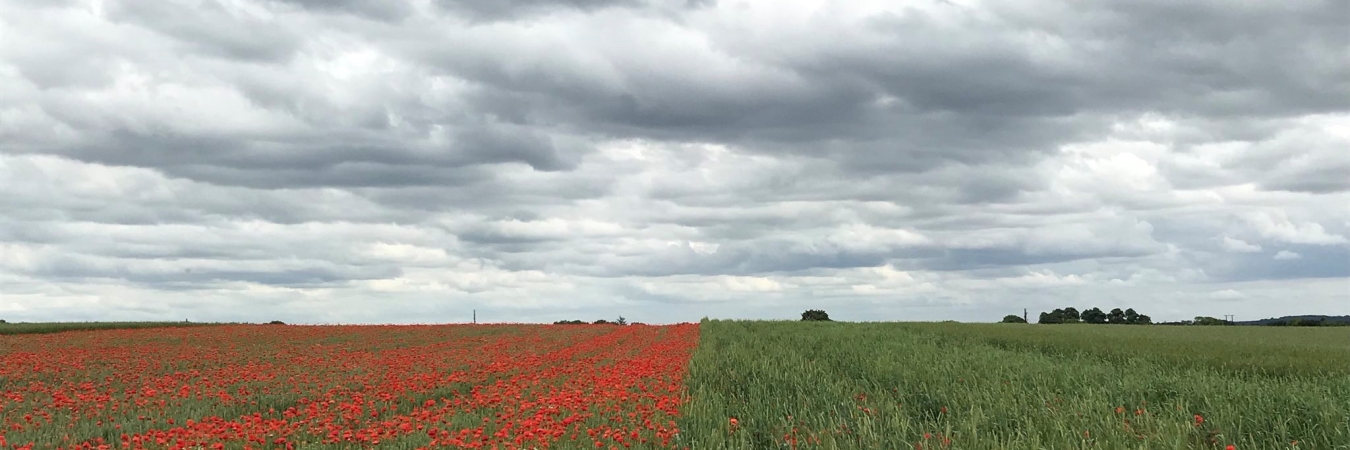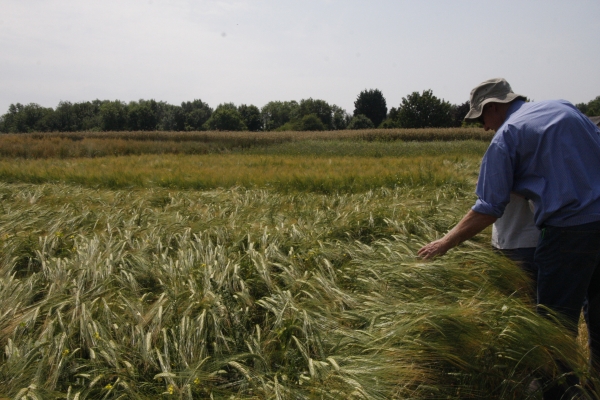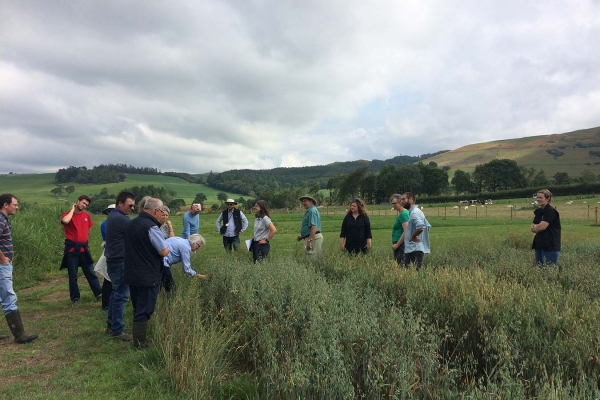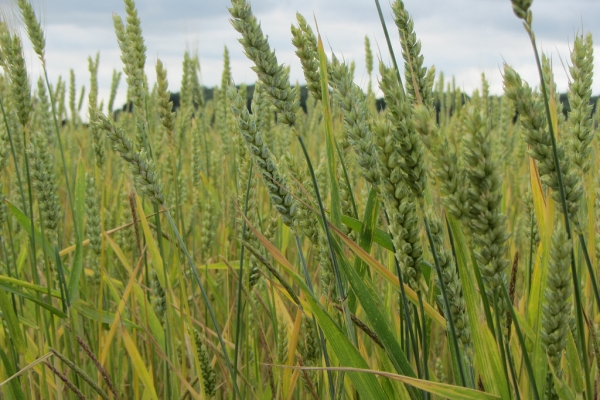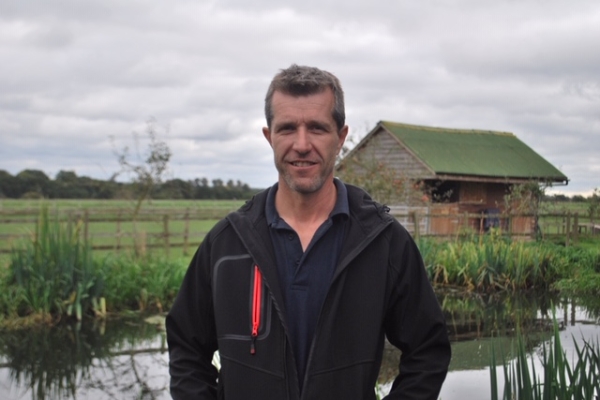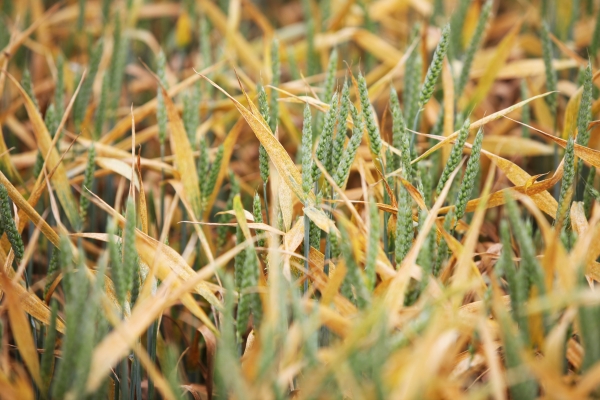Farm-based organic variety trials
A collective experiment with an organic farmers network
Resource explained
Varietal choice is one of the main decisions organic farmers can make to help manage crop performance. Yet, it is difficult to identify suitable arable crop varieties for organic and low-input systems with the information that is available to farmers and growers. The Organic Research Centre and Organic Arable have worked to address this in organic wheat, which has a declining land area in the UK. In general, varieties need to suit a farm’s conditions and needs but varieties can perform differently depending on whether they are grown with or without inputs, organic farms can differ more from one another than conventional farms do, and observations from experimental plots can be less informative in organic than in conventional farming in helping predict how a crop will perform at field-scale. This factsheet, based on research undertaken as part of the LIVESEED project, details an experiment in which wheat varieties were tested by organic farmers at a commercial field scale and has paved the way to better understanding of organic winter wheat production. It covers how the experiment was carried out and learnings from it, including how the findings can feed into weed management strategies.
Findings & recommendations
- ORC started testing winter wheat varieties at a field-scale in 2017/18 with a network of 7 farmers which grew to 13 farms in 2018/19 and tested 12 varieties (including the ORC Wakelyns Population). Crop cover, height, ear density, severity of foliar diseases, weed abundance and community composition were measured during the growing season. Farmers measured the yield of their strips and provided grain samples for quality analysis.
- Two weed management strategies emerged across the participating farms: one based on spring-tine harrowing on wheat sown in 10-15 cm distant rows; and one relying on power hoeing on wheat sown in 20-25 cm distant rows. The second showed less abundant, but less diverse weed communities than the first.
- As of the 2020/21 growing season, the experiment is continuing, with more varieties being tested and more farmers involved, including non-organic farms. The aim is to build a dataset of wheat performance that will inform farmers, breeders and scientists on the interactions between the varieties, climate, soil and management. This can be a starting point of shedding light on bigger questions such as crop adaptation and resilience to climate change and dynamics and assembly of weed communities and their effects on cropping system performance and sustainability.
Find out about the LIVESEED project here.
Also see LIVESEED practice abstract ‘Organic wheat variety testing by a network of farmers‘
